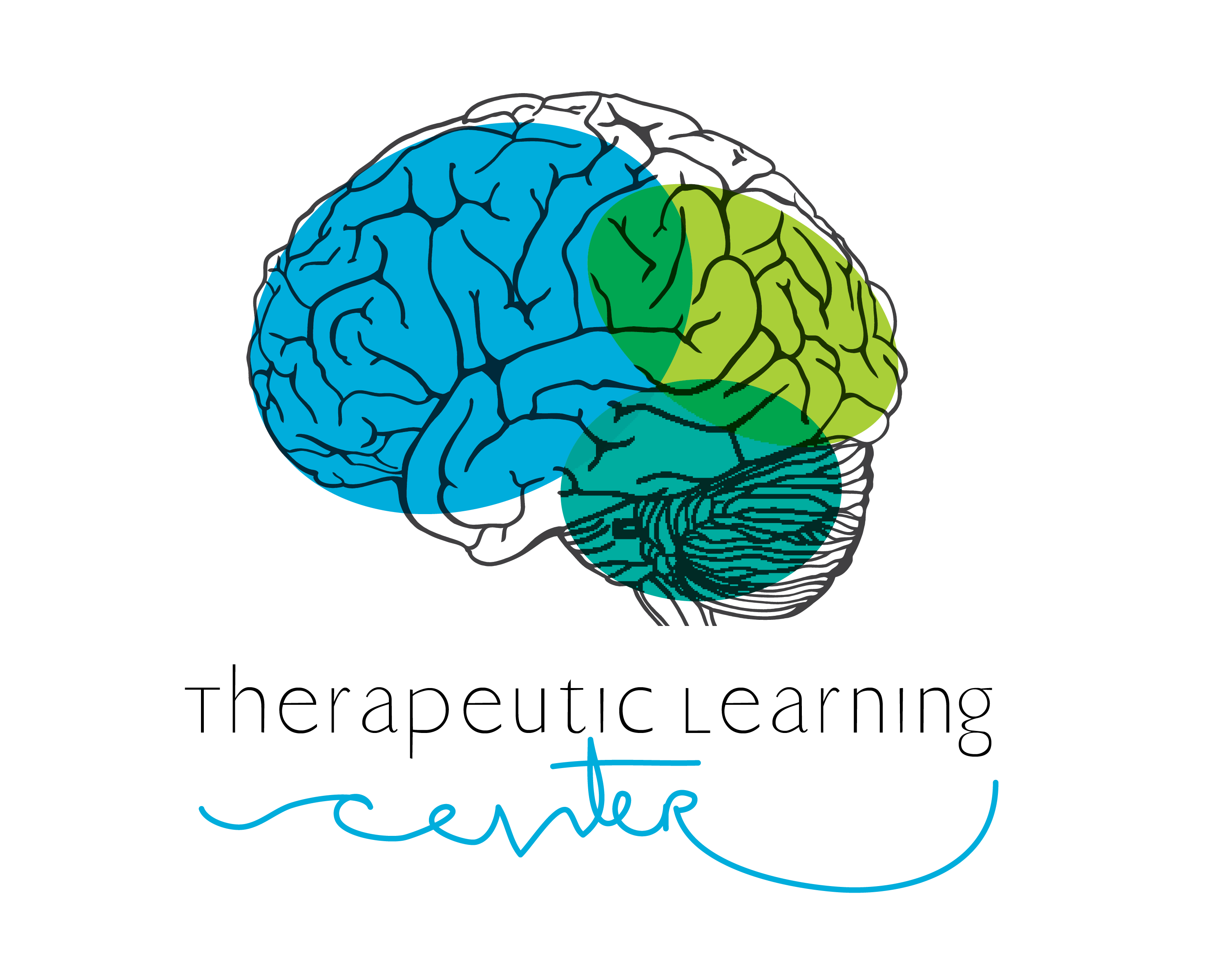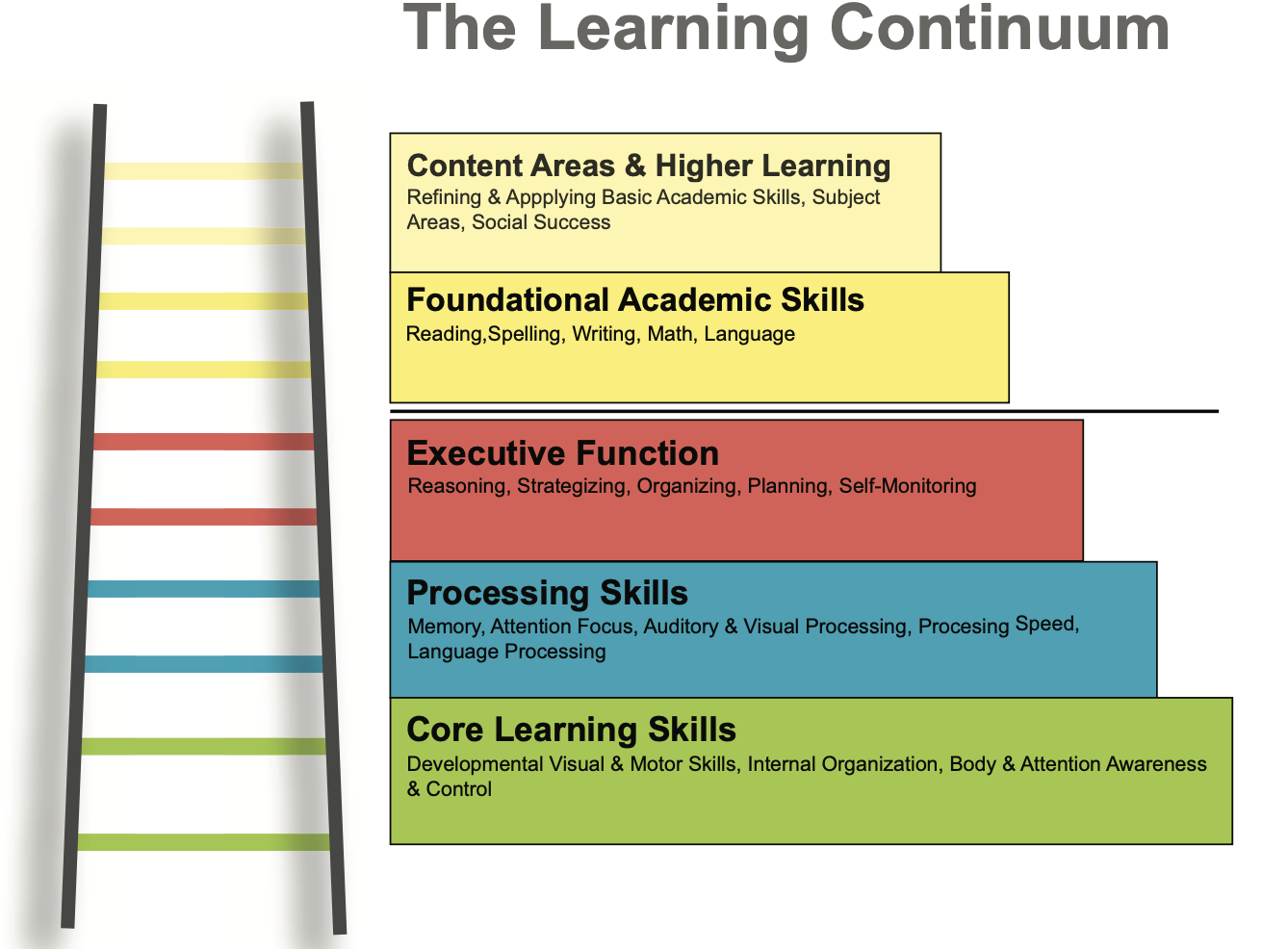Retained primitive reflexes and neuromotor immaturity can significantly impact learning by disrupting the foundational neurological processes necessary for efficient cognitive and physical development.






Retained primitive reflexes and neuromotor immaturity can significantly impact learning by disrupting the foundational neurological processes necessary for efficient cognitive and physical development.
These reflexes, typically present in infancy and early childhood, are essential for skills like balance, coordination, and sensory integration. When these reflexes persist beyond their natural timeframe and are not integrated into higher brain functions, they can interfere with a student’s ability to concentrate, process information, and participate fully in learning activities.
For example, the Moro reflex, associated with the fight-or-flight response, if retained, can lead to heightened stress responses, hindering focus and attention. Similarly, the asymmetrical tonic neck reflex, crucial for eye-hand coordination, can affect tasks like reading and writing.
Addressing retained primitive reflexes through targeted therapies can play an important role in enhancing learning experiences. By integrating these reflexes, students can improve their motor skills, attention, and overall ability to engage effectively in the learning process, allowing them to reach their full academic potential.
These therapies at TLC are at the lowest level of the Learning Continuum. By working at this lowest level on the continuum, our students improve their academic learning, attention and social skills more efficiently.


990 Highland Drive Suite 106A
Solana Beach, CA. 92075
(+1) 858-481-2200
[email protected]
Open weekdays
8:00 am – 8:00 pm PST